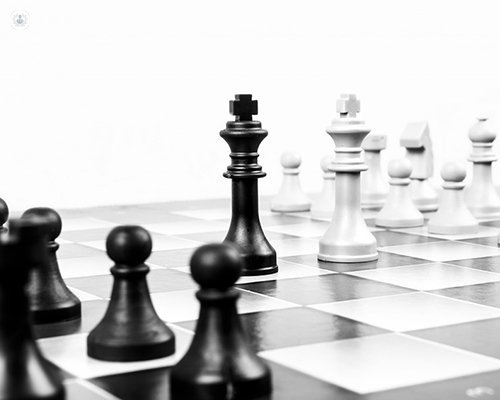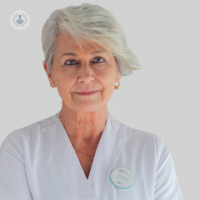Techniques and exercises for working memory
Written by:Memory is a function of the brain that allows you to store and retrieve information. Specialists in Neurology say that learning to work it is very important.
Strategies to improve memory in everyday
There are certain basic principles of learning and memory, and take them into account when you want to memorize something can be very useful:
• Pay attention: Attention a prerequisite to later store. When the water goes down the drain forms a swirl in the sense clockwise or counterclockwise? You can only answer this question if you have paid attention to this.
• Say: Often patients come to the consultation concerned because they make errors like: "I do not remember if I closed the car or not, if I closed the door or not". Surely when you read this, most people feel identified because it has happened once. The reason is that they are processes that are made automatically and are not paying attention. If verbalized, they will be made consciously and will be easier to remember.
• Making sense: Things that can be understood are much easier to remember than those that do not.
• Organize information: The information is organized into memory. The more aware of how the person who organizes a material at the time of learning, the easier it will be back.
• Associating information: The association is to relate what a person wants to learn with something you already know. If the information relates to things you already know it will be easier to remember.
• Display: The images are easier to remember than words, in most people, and words that evoke images are doubly encoded or stored (verbally and visually).
• Putting some excitement: It's difficult to forget the events linked to emotions.
Memory: enemies
The memory has many enemies. Health care is care memory. Stress, lack of sleep, abuse of certain substances such as alcohol or snuff, poor diet, consumption of toxic, or very sedentary and uninspiring life, are all factors that will help rote skills.
Agendas have never been enemies of memory, whether paper or electronic. Use helps organize information within the brain, to have fewer failures and feel safer.
Make stimulating activities and face new challenges is always good for the brain. The type of activities to choose depends on the tastes, preferences and motivations.
Exercises to improve memory
• A good way to work the mind is with the daily newspaper. Read the newspaper every day helps to work the mental functions such as attention or memory. Exercise is not only to read the news but is also important to discuss them with friends or family. When one says the news has to organize information and remember what you have read. They are also a topic of conversation splendid allow interact with others!
• Practice mental abilities sport works. When muscles move, is operating the brain. Any sport will make the mind work.
• There are also proper mental sports that can be practiced, such as chess, checkers, bridge, cards, dominoes, ludo or four in a row. All of these games allow you to have your brain in shape. With them attention, memory and planning work.

• Keep a booklet hobbies. We must seize when you go to the pool or beach, traveling by train, plane or, also, when you have to stay a while in a waiting room to practice them. It is advisable to make puzzles, crosswords, sudokus of different levels, self-defined, look for differences, puzzles and logic games.
• Music: Playing an instrument (piano, guitar, flute, harmonica, percussion) develops mobility and coordination, but above all, makes the mind work and develop new capabilities.
Childhood memory exercise
A good way to exercise children 's memory is through play. There are educational games that help the child to seek strategies to memorize.
Edited by Noelia García Pino


